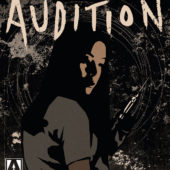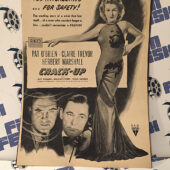

It can be extremely difficult to deal with such heavy issues as incest, ignored abuse, and redemption without allowing the topics to take over in lieu of connecting with the characters involved. And nobody wants to take issue with films about women climbing out of victimization because we all hate to see the wimp who screams instead of taking action. Nobody wants to be the person who watches a woman, or young innocent girl, go through a torturous experience and say that the screen time was wasted. But, unfortunately, I have to be that person.
Hopes were high walking into Woman Thou Art Loosed. Here were a male screenwriter and a male director tackling under-acknowledged issues, led by an actress with amazing talent, Kimberly Elise (Beloved). The film starts with a powerful revival scene in which Elise walks in, straining to hold back a multitude of emotions as she pulls out a gun and shoots, we know not at what or whom, but whatever happened landed her in jail confessing to the very Reverend who led the town meeting.
And what comes in the course of the next hour and a half are the standard flashback sequences that bring us to the present. We get the stereotypical single parent, tough love background we’ve grown to expect in cinema as an easy reason why a woman might become a criminal. This in itself is okay, because it’s still an important issue for society to take notice of. But instead of relying on Elise’s incredible abilities to be an instantly engaging presence, the script goes overboard to agonizingly explain the dysfunctional relationships of people in her life, particularly the randomly timed and themed interview setups of characters talking directly to the camera.
But what saves Woman from being an absolute letdown is how Elise works with the sub-par material. Each of her emotional beats, no matter how poorly written, are impeccably emotionally secure in their path towards her personal and interactive forgiveness. Not once do you feel as if an action or word is rushed, even when a line of dialogue seems to come from thin air. She is totally sympathetic while demanding respect throughout, not because she was raped by her stepfather and not protected by her mother at a young age, but because her journey is well-grounded in every look or waver of her voice.
I am glad that a film like Woman Thou Art Loosed was made. It is rare for a film to tackle such issues as the rape of a young girl, followed by the purposeful neglect of care for that innocence so honestly. Had the film not be handled or structured as an After School Special, perhaps it would have been able to uphold the strengths of its leading lady and come out with a truly unique narrative that would have had a tangible impact on its audience, one like The Accused still maintains after all these years.

Woman, thou art a good shot.
Review by Rachel Gordon © 2004 filmcritic.com












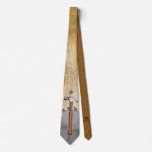




![Catherine Bach Publicity Photo (1985) Wearing Daisy Dukes [221110-5]](https://www.filmfetish.com/img/p/2022/11/221110-5-catherine-bach-85x11-web-170x170.jpg)
![Large Lilly Pond and Plants Photo [221205-30]](https://www.filmfetish.com/img/p/2022/12/221205-30-big-lilies-11x85-web-170x170.jpg)
![Brigitte Bardot Set of 3 Vintage Original Photos [L48]](https://www.filmfetish.com/img/p/2023/02/P1480568--170x170.jpg)
![Stacey Dash Sexy Portrait Photo [210906-194]](https://www.filmfetish.com/img/p/2022/10/210906-194-stacey-dash-13x19-web-170x170.jpg)








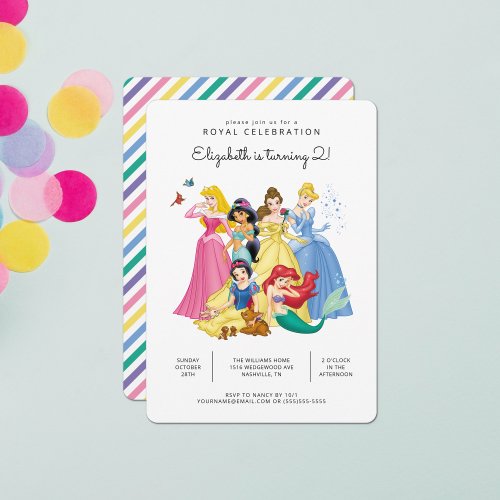





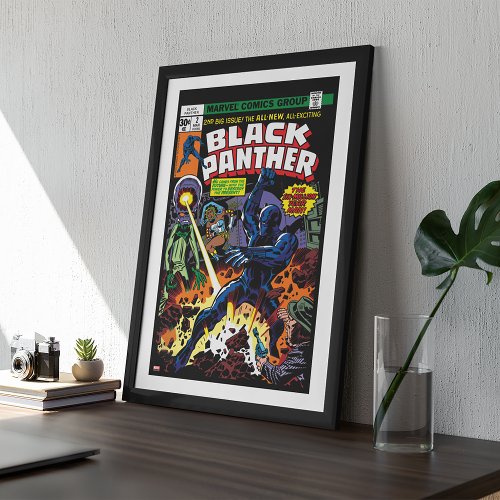







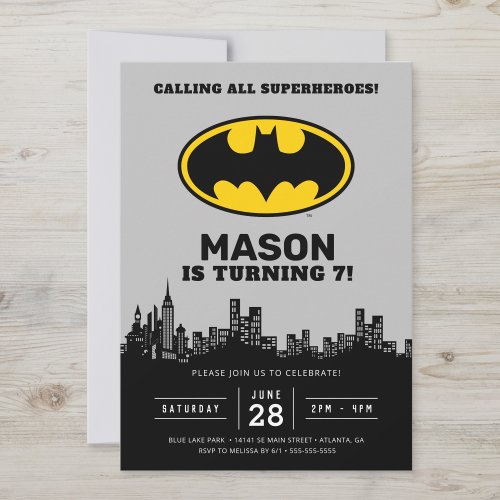
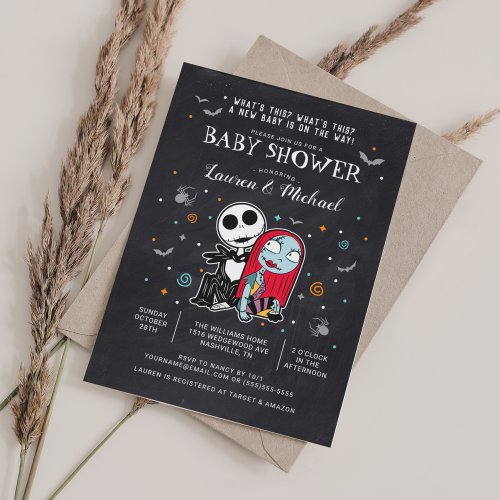



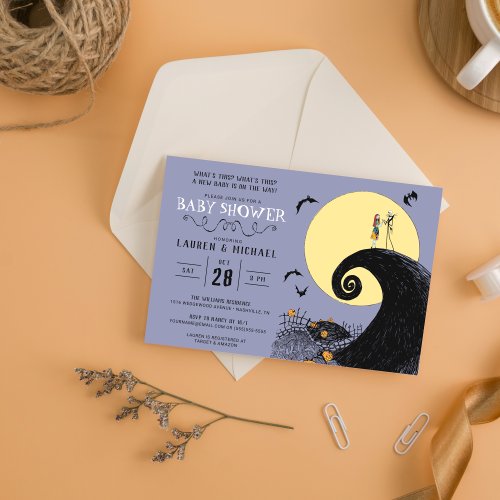


















![Tonight and Every Night (1945) Original Full-Page Magazine Advertisement, Rita Hayworth, Lee Bowman [F70]](https://www.filmfetish.com/img/p/2022/11/movie-ad-f70-01-170x170.jpg)
![The Big Lift (1950) Original Full-Page Magazine Advertisement, Montgomery Clift, Paul Douglas [F31]](https://www.filmfetish.com/img/p/2022/10/movie-ad-f31-01-170x170.jpg)

![MovieMaker Magazine (No. 76, Vol. 15, 2008) Ben Stiller, Dario Argento, Rian Johnson [D69]](https://www.filmfetish.com/img/p/2021/11/moviemaker-magazine-d69-01-170x170.jpg)
![CBS Columbia Square Radio 1950’s Photo [221116-14]](https://www.filmfetish.com/img/p/2022/11/221116-14-11x85-web-170x170.jpg)


